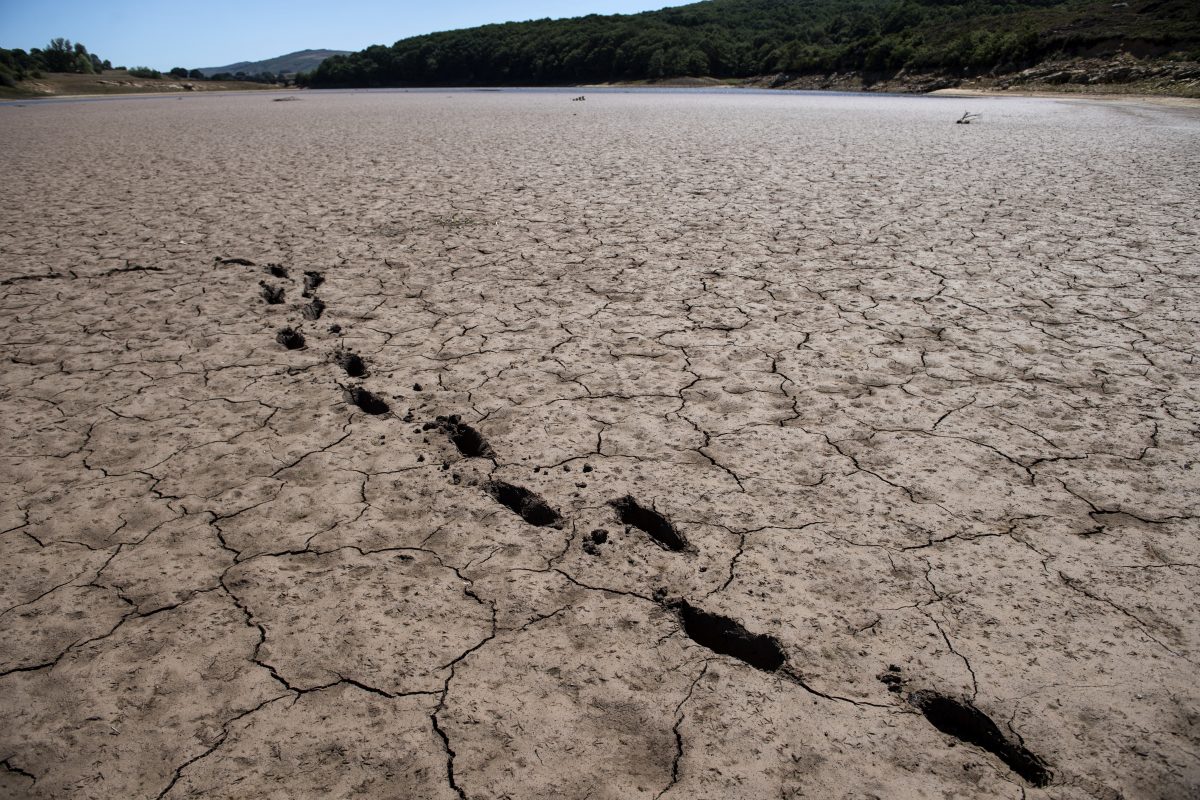NODES researchers have been studying narratives detected in four languages – Polish, English, French and Spanish — regarding the debate around climate change.
Their analysis went beyond the usual divide into “skeptical” and “pro-climate” camps, allowing them to come up with a detailed map of seven dominant narratives that organise the public debate on this hot-button topic.
1- We need to resist the green dystopia: a narrative that basically sees activists as harmful actors in this debate who want to turn our world upside down.

2- Green policies are blocking progress: a narrative that pushes the argument that the world has prospered thanks to cheap energy and fossil fuels, and that green policies are hampering progress and development.

3- Let’s not panic: a narrative that argues activists are deliberately exaggerating the effects of climate change and ignoring the staggering cost associated with implementing green policies. This narrative is aimed at blocking concrete, more decisive measures on combating climate change.

4- We can overcome the crisis and use it as an opportunity to grow: a narrative that acknowledges climate change is real and looks to solutions, including green technologies, to tackle the issue.

5- The apocalypse is coming: a narrative that pushes the idea that the world is going to end soon and that signs of the apocalypse are already everywhere.

6- Rebellion against greed: a narrative that sees climate change as real and caused by the minority of the ultrarich and multinationals.

7- We need to act together: a narrative in which climate change can be addressed at the local community level. Every small action counts and it is urgent to act now to build a better world.

The researchers and experts who worked on this study said they wanted to learn more about how the popularity of narratives is changing in time and are gaining a better understanding of the differences between countries, be it concerning politics, media, institutions etc…
They said they are also monitoring thematic areas related to different narratives to better understand proximity between them.
By identifying common values shared by different narratives, they were able to show where narrative bridges could be built.

For example, those who believe that the activists are disturbing the social order (narrative 1) and those who focus on the signs of apocalypse (narrative 2) both share concerns about children, continuity, tradition and security.
“We need to dive underneath the divisive narratives and address these common values directly,” the researchers said.
“By addressing the values and worldviews empathically we may build communication that will be both truthful and acceptable.”
